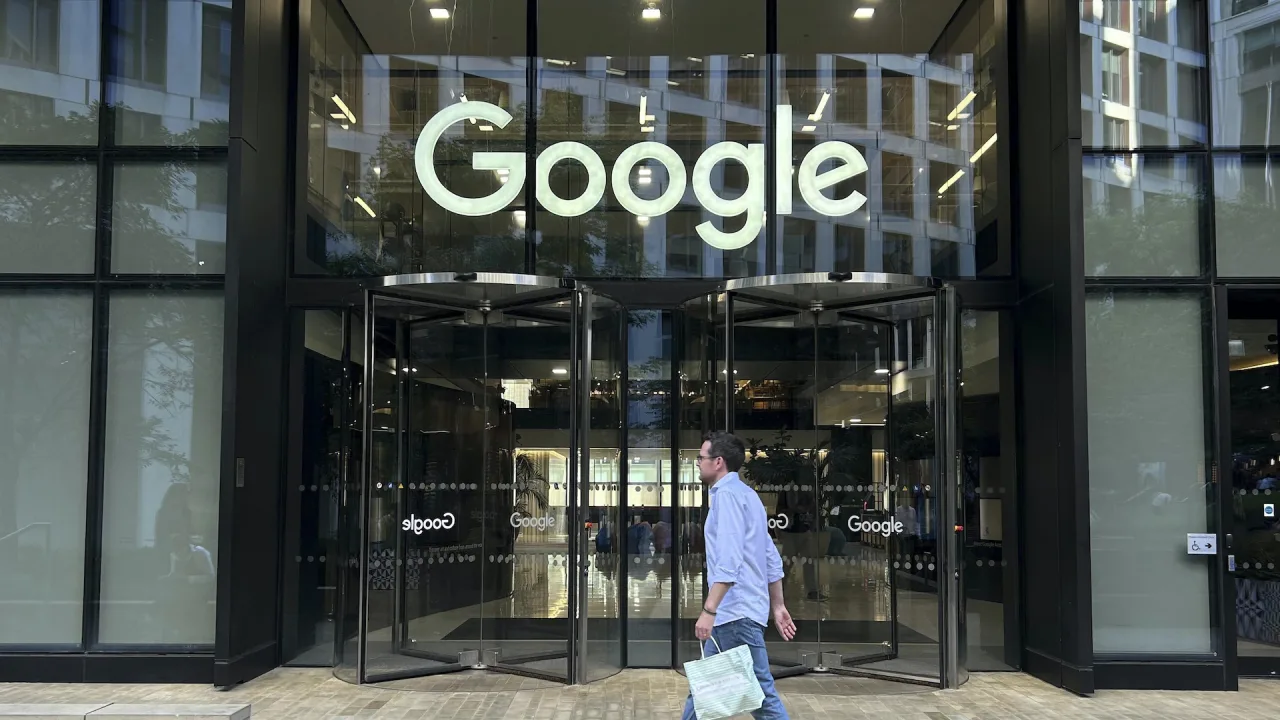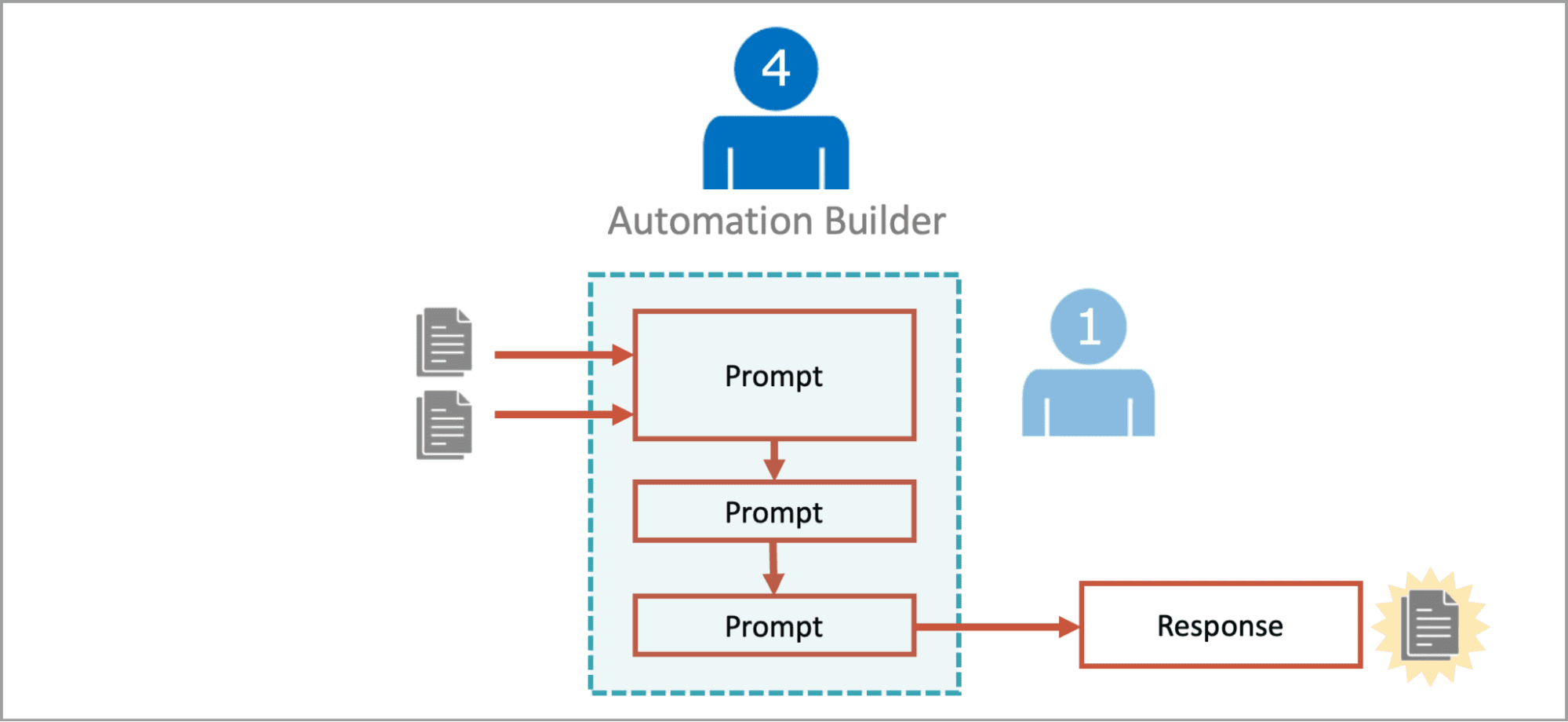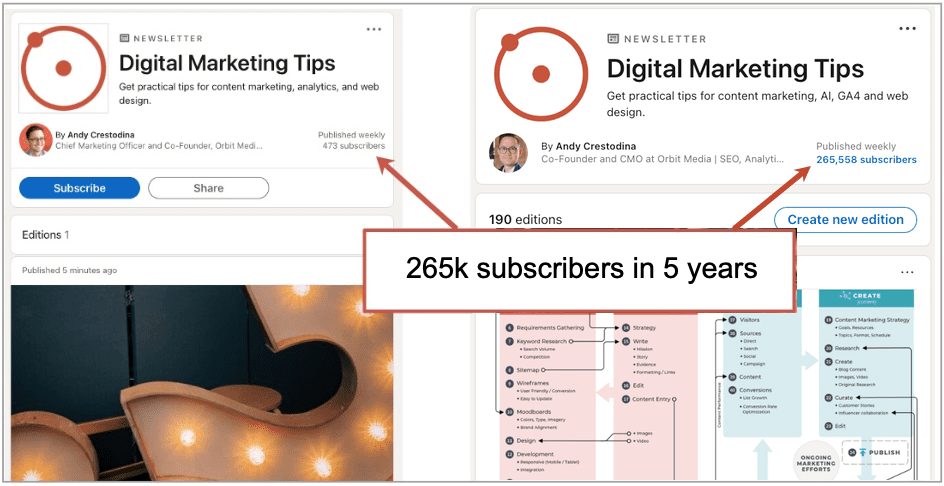Smart Queue Management Systems in Pakistan
In today’s fast-paced world, customer service speed and efficiency are critical. Whether it’s a government office, hospital, bank, or retail outlet, long waiting lines can damage customer satisfaction and harm a company’s reputation. That’s where Queue Management Systems (QMS) come in.

In today’s fast-paced world, customer service speed and efficiency are critical. Whether it’s a government office, hospital, bank, or retail outlet, long waiting lines can damage customer satisfaction and harm a company’s reputation. That’s where Queue Management Systems (QMS) come in.
A Queue Management System is a digital tool designed to manage and optimize customer flow and reduce wait times. This system ensures orderly service delivery, enhances operational efficiency, and boosts customer satisfaction.
This blog explores the importance of queue management systems in three major cities of Pakistan — Rawalpindi, Lahore, and Karachi — while providing an in-depth view of how they are transforming customer experiences across industries.
What is a Queue Management System?
A Queue Management System (QMS) is an advanced technology solution that helps organizations manage the flow of customers in an efficient and organized manner. It eliminates the traditional token system and manual queues by allowing customers to check in digitally, track their wait time, and receive updates.
Whether through a kiosk, mobile app, or website, QMS offers an interactive platform to streamline operations and enhance customer satisfaction.
Key Functions of a QMS
-
Customer check-in via kiosks or mobile
-
Real-time queue monitoring
-
Ticket generation and tracking
-
Performance analytics
-
Feedback collection
Benefits of Queue Management Systems
Implementing a QMS comes with numerous benefits for both customers and service providers. Here are some of the most impactful advantages:
1. Reduced Wait Times
Digital systems estimate wait times and notify customers when it’s their turn, cutting down idle time.
2. Improved Service Quality
Employees can focus on service rather than managing physical lines.
3. Enhanced Customer Experience
A streamlined, frustration-free experience fosters customer loyalty.
4. Real-Time Data Insights
Managers can track queue lengths, peak hours, and staff performance.
5. Customizable & Scalable
Can be tailored to fit the needs of small outlets or large enterprises.
Industries Benefiting from QMS
A wide range of sectors in Pakistan have adopted Queue Management Systems to serve their customers more efficiently:
Healthcare
Hospitals and clinics reduce patient wait times and enhance appointment tracking.
Banking
Banks use QMS to handle customer footfall and provide prompt services.
Government Offices
Places like NADRA, passport offices, and excise departments handle heavy public dealings daily.
Telecommunications
Telcos like Jazz and Ufone use QMS in service centers to reduce congestion.
Retail & Supermarkets
QMS enhances checkout speed and improves crowd management.
Components of an Efficient QMS
An effective Queue Management System includes several key components:
1. Self-Service Kiosk
Allows customers to check in, select services, and print tokens.
2. Display Screens
Displays real-time queue status and calling information.
3. Mobile App Integration
Offers remote queue booking and alerts.
4. Admin Dashboard
Lets managers monitor operations and gather data insights.
5. Customer Feedback Module
Helps in service improvement and accountability.
How to Choose the Right Queue Management System
When selecting a QMS, organizations should evaluate:
-
Scalability: Can it grow with your business?
-
Customization: Does it allow personalized workflows?
-
Integration: Can it integrate with existing CRM or ERP?
-
User-Friendliness: Is it easy for staff and customers to use?
-
Support & Maintenance: Is technical support readily available?
Queue Management System in Rawalpindi
Rawalpindi, a city known for its administrative significance, faces heavy foot traffic in both government and private offices. Long queues and unmanaged crowding have been common challenges. The adoption of queue management systems in Rawalpindi has transformed the service delivery mechanism in major sectors.
Key Implementations
-
Hospitals: Holy Family and Benazir Bhutto Hospital now use digital queueing to reduce patient waiting time.
-
Government Offices: NADRA centers in Rawalpindi have integrated smart queuing to handle ID and passport applications.
-
Banks: Leading banks like HBL and UBL utilize queue systems in their branches.
Customer Impact
-
Faster service at counters
-
Lower chances of crowd-related altercations
-
Easier access to appointment slots
Rawalpindi continues to move toward digitization, with queue management solutions being a central part of smart city initiatives.
Queue Management System in Lahore
Lahore, the heart of Punjab, is a bustling metropolis with a high demand for efficient public service systems. The integration of queue management systems in Lahore is helping ease customer flow across healthcare, telecom, and finance sectors.
Major Deployments
-
Hospitals & Labs: Shaukat Khanum and Chughtai Lab have streamlined their check-in systems.
-
Telecom Sector: PTCL and Zong service centers use QMS to handle daily customer volumes.
-
Shopping Malls & Retail: Emporium Mall and Packages Mall have implemented queue systems for customer guidance at billing counters and help desks.
Benefits Noticed
-
Drastic reduction in average waiting times
-
Positive customer feedback scores
-
Higher staff productivity
QMS in Lahore is not just a tech trend — it’s becoming a necessity in delivering superior customer service.
Queue Management System in Karachi
Karachi, Pakistan’s largest city and commercial capital, has the highest demand for fast and reliable customer service systems. The implementation of queue management systems in Karachi has become widespread, particularly in banking, healthcare, and public transport.
Where It’s Working Best
-
Airports & Bus Terminals: Jinnah International Airport and intercity terminals use QMS to manage passenger flow.
-
Private Hospitals: Aga Khan and Liaquat National Hospital have digital queuing for OPD and diagnostics.
-
Corporate Offices: Many multinational companies in Karachi have integrated internal queueing systems for HR, finance, and IT help desks.
Challenges & Solutions
While the adoption is promising, the challenge lies in consistency. Organizations that invest in cloud-based QMS and regular maintenance experience smoother performance.
Karachi’s Edge
Being the business hub, Karachi sets the benchmark for QMS innovations and best practices in Pakistan.
Conclusion
The rise of Queue Management Systems in cities like Rawalpindi, Lahore, and Karachi reflects Pakistan’s journey toward a more organized, efficient, and tech-enabled service environment. From hospitals to shopping malls, the way we wait is evolving — and for the better.
Smart queueing not only improves the customer experience but also boosts operational efficiency, making it a win-win for both service providers and their clients.
FAQs
1. What is the purpose of a queue management system?
A QMS helps reduce customer wait times, organize service delivery, and enhance overall customer satisfaction using digital tools.
2. Which sectors in Rawalpindi benefit from queue management systems?
Hospitals, NADRA offices, and banks are the main beneficiaries of queue systems in Rawalpindi.
3. Are queue systems in Lahore used in retail?
Yes, major malls and retail stores in Lahore use QMS to manage crowds, especially during peak hours.
4. Can I book my queue slot online in Karachi?
Many institutions in Karachi offer mobile app integration, allowing users to book or join queues remotely.
5. Is a QMS expensive for small businesses?
Modern QMS solutions come in scalable versions that suit both large enterprises and small businesses, making them a cost-effective investment.





















































































































































